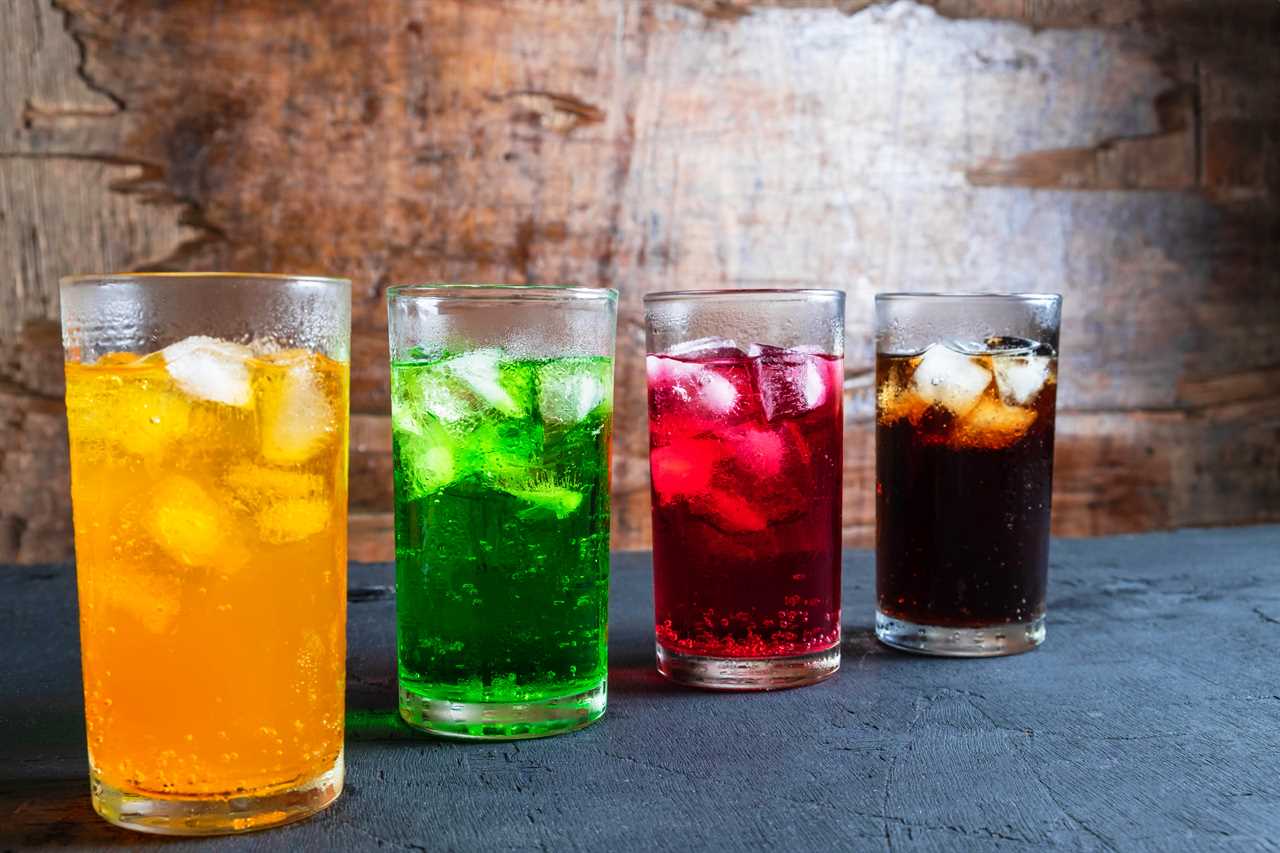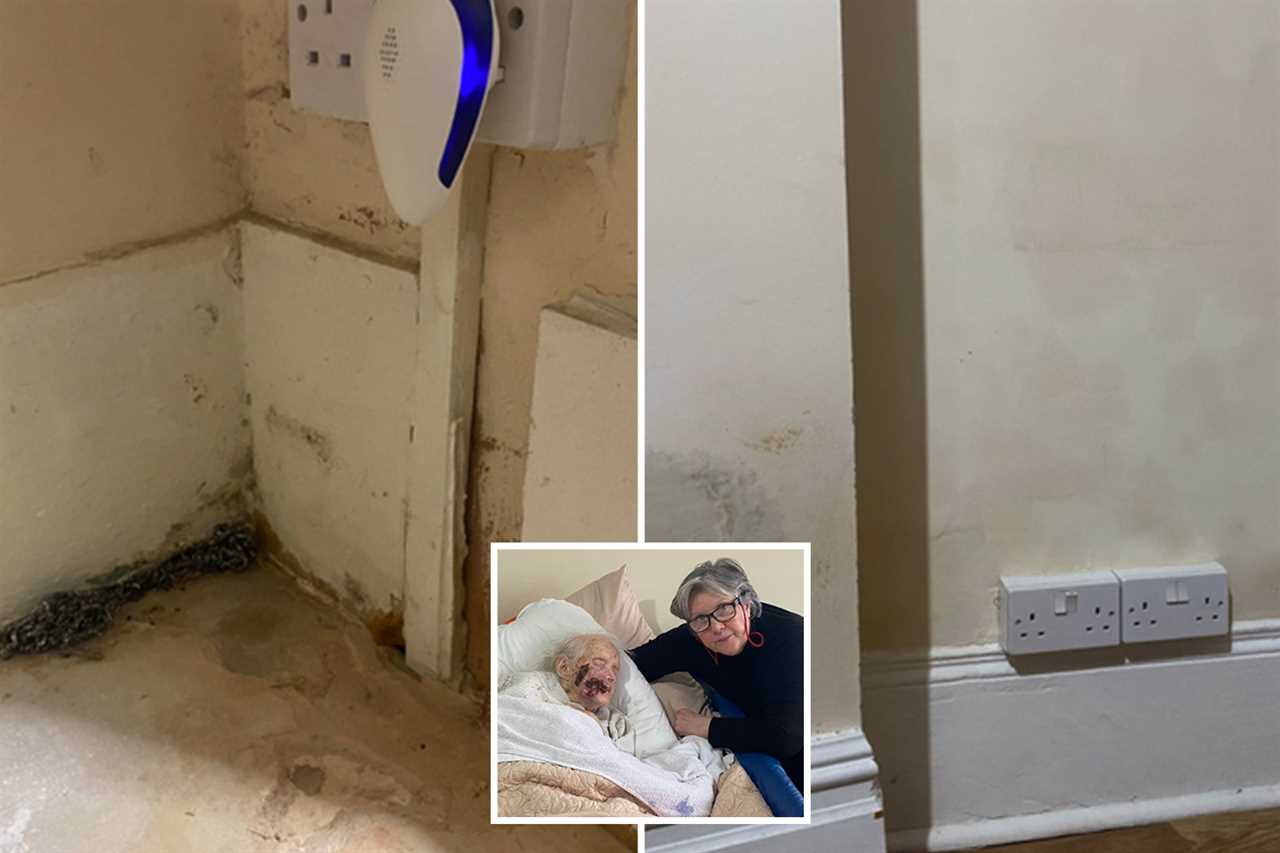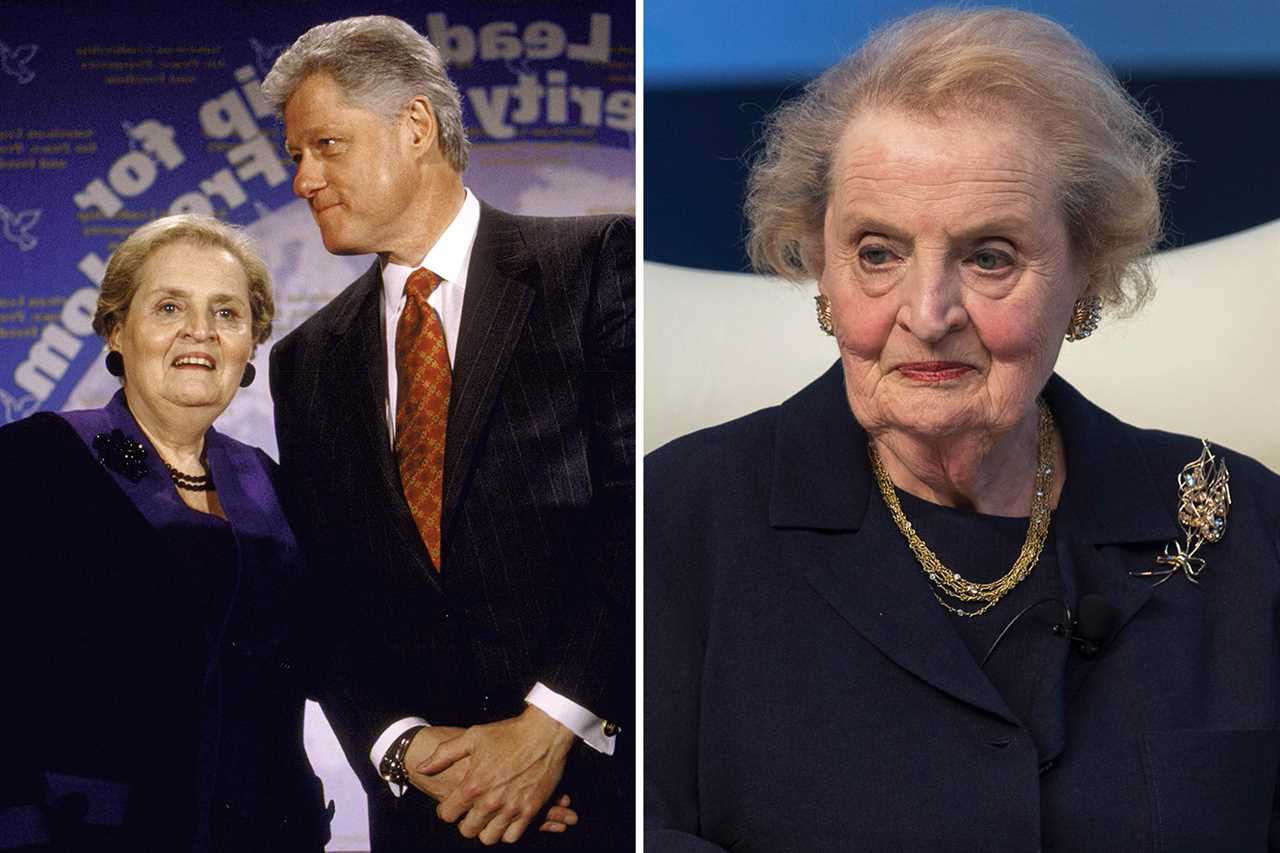DIET drinks may raise cancer risk, research suggests.
Regular consumers of common artificial sweeteners – found in Diet Coke, Canderel and Robinson’s sugar free squash – were 13 per cent more likely to develop the disease.

And their risk of breast cancer specifically was up to 22 per cent higher.
Scientists warn the sugar substitutes cannot be seen as “safe alternatives” in light of the findings, and said regulators should reassess their use.
French experts analysed consumption and health data of more than 100,000 adults over eight years.
They found fans of diet products containing artificial sweeteners aspartame and acesulfame-K had a greater cancer risk, particularly breast tumours and those linked to obesity.
Read more on cancer
As well as being commonly found in diet drinks, the chemicals are also used in sugar-free yoghurts and chewing gums.
Researcher Charlotte Debras, from the French National Institute for Health and Medical Research, said: “Our results suggest that artificial sweeteners found in many food and beverage brands worldwide may be associated with increased cancer risk, in line with several experimental observational and lab studies.”
But Brit experts said the findings, published in the journal PLOS Medicine, should be treated with caution.
Previous large-scale studies have failed to find a link between artificial sweeteners and cancer.
Nutrition expert Professor Tom Sanders, from King’s College London, said: “It is well known that women who are obese or who have a tendency to gain weight are more likely to use artificial sweeteners and this limits the validity of the conclusions of this study, because it is not possible to completely control for this.”
Fiona Osgun, from Cancer Research UK said: “This large study suggests there’s an association between some artificial sweeteners and cancer, but that doesn’t mean they cause it or that people need to avoid them.”
Gavin Partington, from industry body the British Soft Drinks Association, said sweeteners are safe.
He said: “The UK Government and Public Health England have publicly endorsed the use of non-sugar sweeteners as a safe alternative to reduce sugar in food and drink and help people manage their weight.”
Earlier this year we told how coffee could protect against endometrial cancer, according to one study.
Research led by the Japan Society of Obstetrics and Gynaecology found the hot drink loved by millions may slash the risk.
Read More on Trending In The News
Researchers analysed 24 studies on coffee intake, involving more than 699,000 people, of whom 9,800 cases of endometrial cancer occurred.
People who drank the most coffee had a 29 per cent lower relative risk of developing endometrial cancer than those who don’t drink as much.










